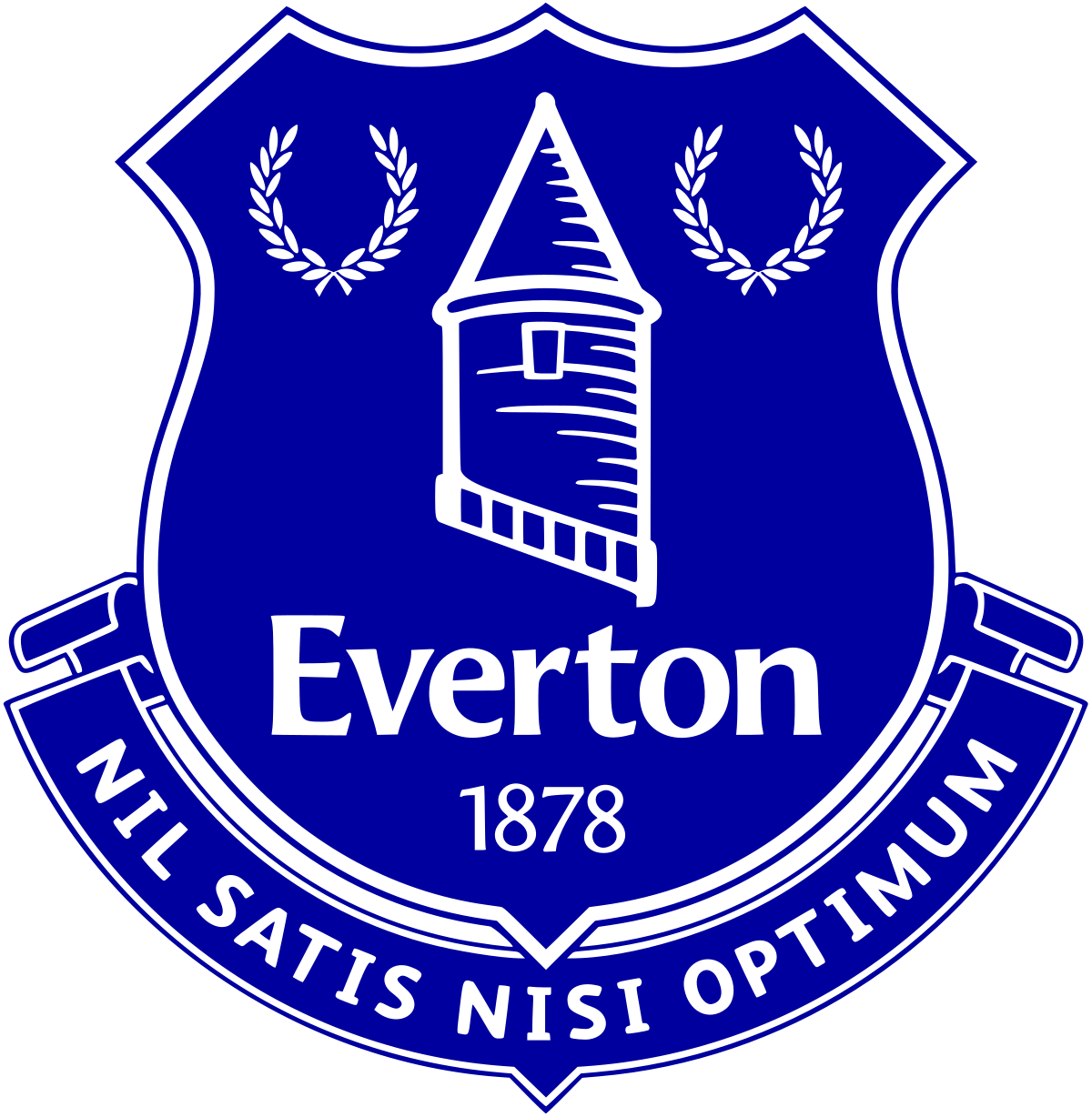Everton F.C.:
Everton Football Club, one of the most storied clubs in English football, has a rich history that spans over a century. Founded in 1878, Everton has been a mainstay in the top tier of English football for the majority of its existence. The club, based in Liverpool, has a passionate fan base and a legacy that includes numerous domestic and international honors.
Early Years and Formation
Everton was formed as St. Domingo’s FC in 1878 to provide a sport for the congregation of St. Domingo’s Methodist Church. A year later, the club was renamed Everton Football Club after the surrounding area. Everton became one of the founding members of the Football League in 1888, establishing itself early on as a competitive force in English football.
Joleon Lescott: A Defensive Stalwart
Joleon Lescott, born on August 16, 1982, in Birmingham, England, began his professional career at Wolverhampton Wanderers. His impressive performances as a young defender caught the attention of Everton, who signed him in 2006. Lescott quickly established himself as a key player for the Toffees, known for his strong defensive abilities, aerial prowess, and versatility.
During his time at Everton, Lescott was a crucial part of a solid defensive unit. He formed a formidable partnership with players like Phil Jagielka and Joseph Yobo, helping Everton maintain a strong defensive record in the Premier League. Lescott’s contributions were instrumental in the club’s successful campaigns, including a fifth-place finish in the 2007-08 season and reaching the FA Cup final in 2009.
The First League Title
The club’s first significant achievement came in the 1890-91 season when Everton won its first league title. This early success set the stage for a tradition of excellence that would continue for decades. The team was known for its strong defense and effective attack, traits that would become hallmarks of Everton’s playing style.
Also Read: Experience Luxury
The 20th Century: Periods of Glory and Struggle
Everton’s history throughout the 20th century was marked by periods of glory and struggle. The club won its second league title in the 1914-15 season, but it was the post-World War II era that brought substantial success. The 1960s were particularly fruitful, with Everton winning the league title in 1962-63 and the FA Cup in 1966.
The 1980s were arguably the golden era for Everton. Under the management of Howard Kendall, the club won two league titles (1984-85 and 1986-87), an FA Cup (1984), and the European Cup Winners’ Cup (1985). This period saw the emergence of legendary players like Neville Southall, Kevin Ratcliffe, and Graeme Sharp.
Challenges in the Modern Era
The advent of the Premier League in 1992 brought new challenges for Everton. While the club struggled to replicate the success of the 1980s, it remained a competitive force in English football. The appointment of David Moyes as manager in 2002 marked a period of stability and gradual progress. Moyes led Everton to several top-six finishes and a memorable fourth-place finish in the 2004-05 season, earning a spot in the UEFA Champions League qualifying rounds.
Recent Developments and the Future
In recent years, Everton has continued to build on its storied legacy. Significant investments in the squad and infrastructure, including the development of a new stadium at Bramley-Moore Dock, signal the club’s ambitions to return to the upper echelons of English football. Managers like Roberto Martínez, Ronald Koeman, and Carlo Ancelotti have brought different styles and philosophies, each contributing to the club’s evolution.
Success and Departure
Lescott’s consistent performances earned him individual accolades, including Everton’s Player of the Season award in 2007-08. His success at Everton also led to a call-up to the England national team, where he earned several caps. In 2009, Lescott made a high-profile move to Manchester City, where he continued to excel, winning two Premier League titles, an FA Cup, and a League Cup.
Legacy at Everton
Joleon Lescott’s time at Everton may have been relatively short, but his impact was significant. He is remembered as a dependable and talented defender who played a vital role during a period of resurgence for the club. Lescott’s legacy at Everton is one of professionalism, dedication, and consistent excellence on the field.
Conclusion
Everton F.C.’s rich history is a testament to the club’s resilience, ambition, and enduring appeal. From its early days as a founding member of the Football League to its modern-day aspirations, Everton continues to be a beloved and respected institution in English football. As the club looks to the future, it does so with a proud past and a determination to return to the pinnacle of the sport.


Leave a comment
Your email address will not be published. Required fields are marked *